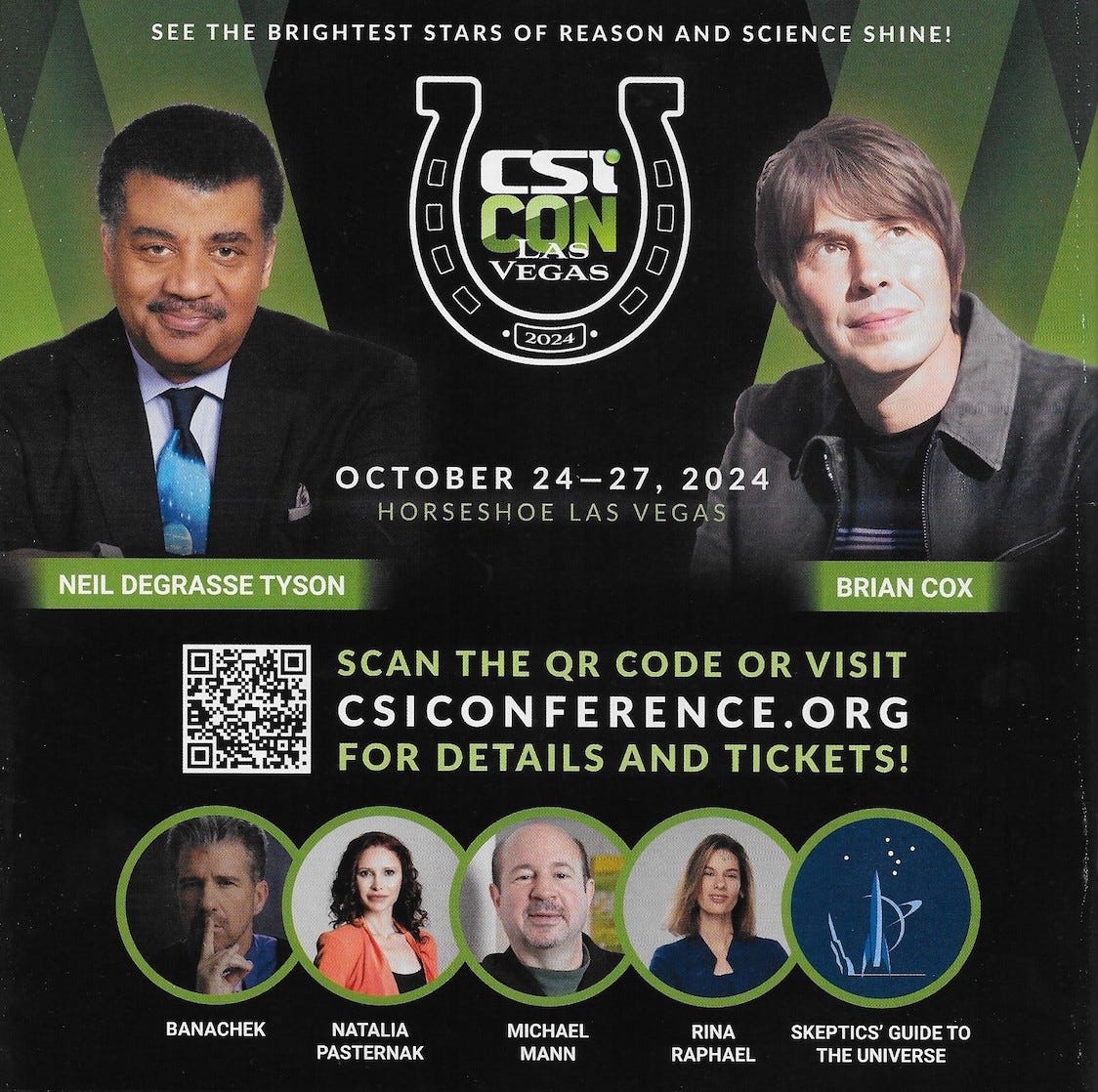A Growing—and Problematic—Wellness Sentiment
Jonathan Stea explains how Dr. Mark Hyman contributes to a controversial view of mental health. Plus: latest wellness news & trends!
Updates: I'm speaking at the QEDcon festival of critical thinking this weekend in Manchester! I’ll be doing a talk on the wellness industry and a panel on investigative journalism. (You can stream it!) INFO
I’ll also be speaking at CSICon in Vegas! Join me, along with Neil DeGrasse Tyson,
, Timothy Caulfield, and more. INFOA Growing—and Problematic—Wellness Sentiment
People often ask my opinion on some health “guru” or expert—Peter Attia, Huberman, David Sinclair … and, without fail, Dr. Mark Hyman.
Hyman is a famous physician, bestselling author, and “functional medicine” advocate who recently testified before Congress on national health issues within the U.S. food system. Like others who testified, Hyman is a big believer in “food is medicine,” a nice slogan but far from literal advice, particularly concerning one medical area.
Keep reading with a 7-day free trial
Subscribe to Well To Do to keep reading this post and get 7 days of free access to the full post archives.





